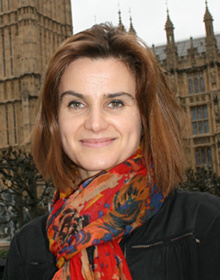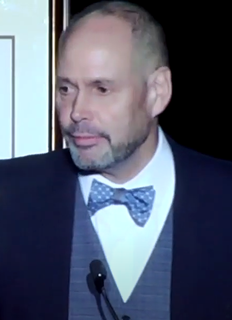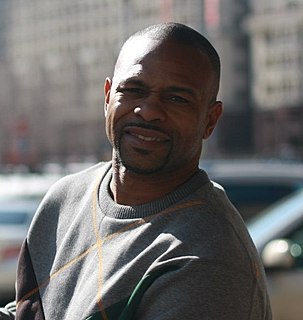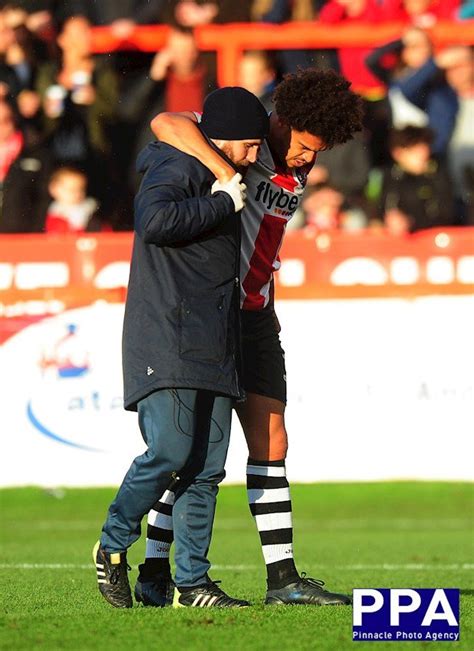A Quote by Emilia Wickstead
A lot of people ask, 'How did you start the business, and how did you do it money-wise?' And the truth is that I had three jobs. A day job, an evening job, and then designing my collection as well. That's just how we did it.
Related Quotes
My summer jobs for three years were going to work in my dad's factory and earn a bit of pocket money. I absolutely loved it, and I think I learnt more there than I did at Cambridge, actually, in terms of how hard work is and how tough it is finding a job, keeping a job, managing a job and family and commitments outside of work.
You go ask any founder of any company why he or she did it, you will never hear, "I wanted to create jobs for the community" as the number one, number two, number three, number four, number five, number 10 reason for doing so. That is a result of the success the business enjoys. Creating jobs is not why people start businesses. Creating jobs is not how people innovate in business. It's not how they compete.
I just sat there looking at television, sort of dumb and thought how horrible it was. I had -- the grand aspects of it did not occur to me -- I had no notion of this terrorist network that existed. I knew the were a lot of people in the world who didn't like us, but I had no idea that it was as well organized as it apparently is. That's one of the amazing facets of this terrible event: how well they did it. Incredible. The competence of these evil people.
I never was a person that wanted that life...I'm a leader not a follower. I don't care what they say, or what they're doing or what they're wearing. Go ahead, cos come Judgement Day, all of that won't matter. How many people did you help. How many people did you talk to. How many people did you try to encourage. How many people did you bring to God. That's what's gon' matter.
I talked to Katherine Johnson, and I tried to make it weighty by asking things like, "How as a Black woman did you do your work in NASA? They were misogynistic, and I'm sure you got called the n-word." She was just like, "Well, that was the way it was. I just did my job. I wanted to do my job." She was just so humble.
What we accomplished during World War Two is just amazing. We turned our country upside down. African Americans were demanding to be given combat missions. 10% of Americans moved in order to relocate for a war job. We as a country accomplished this heroic, nearly miraculous thing, and we have this legacy of policies and agency - how did they do it? How did they fund it? How did they organize it? It is actually an example that we can borrow from very productively to guide us.








































